No products in the cart.
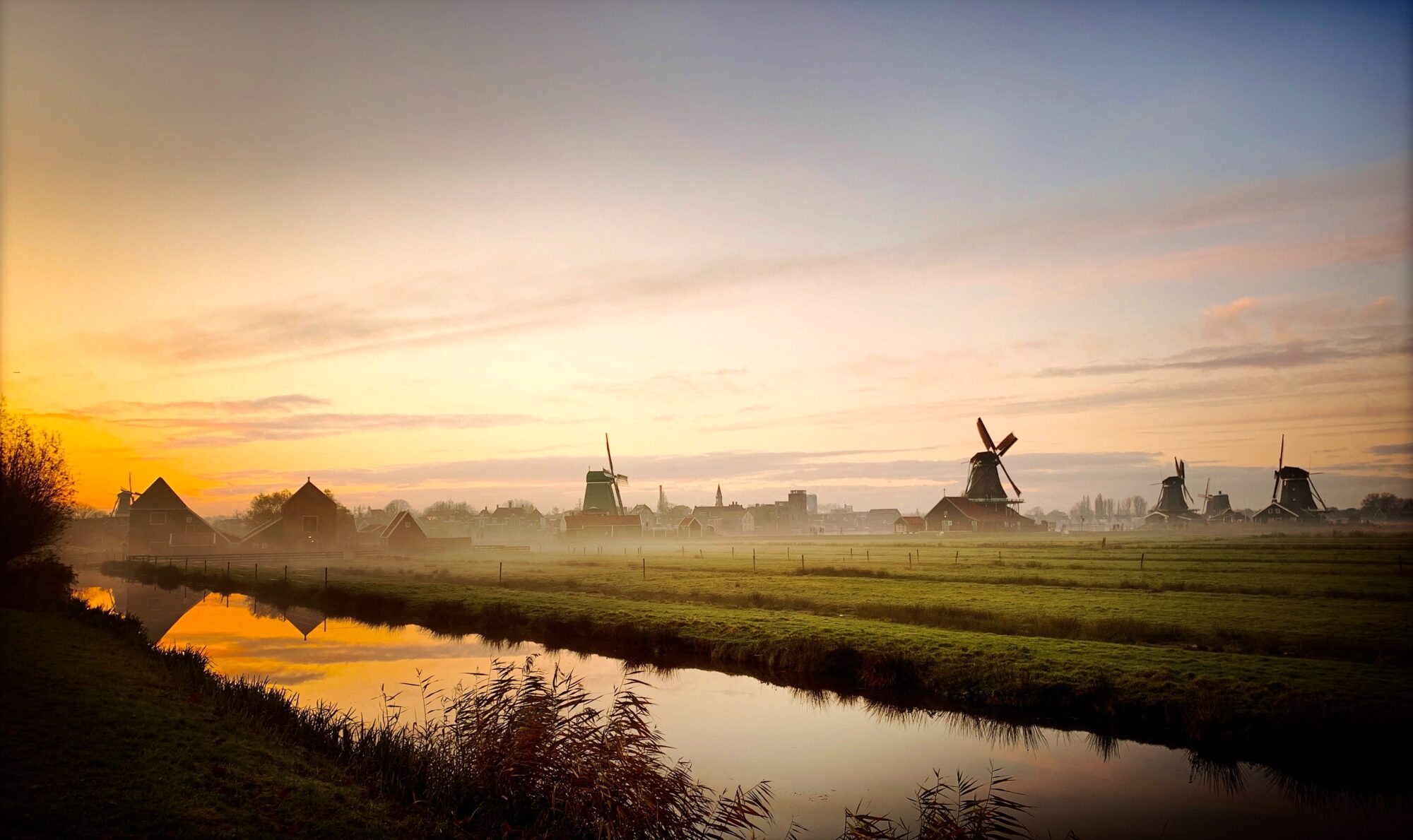
Geert Wilders and the Sociology of the Populist Right
Isn’t it high time for more nuanced picture of the populist voters who have been decisive in reshaping politics across the West?

Isn’t it high time for more nuanced picture of the populist voters who have been decisive in reshaping politics across the West?
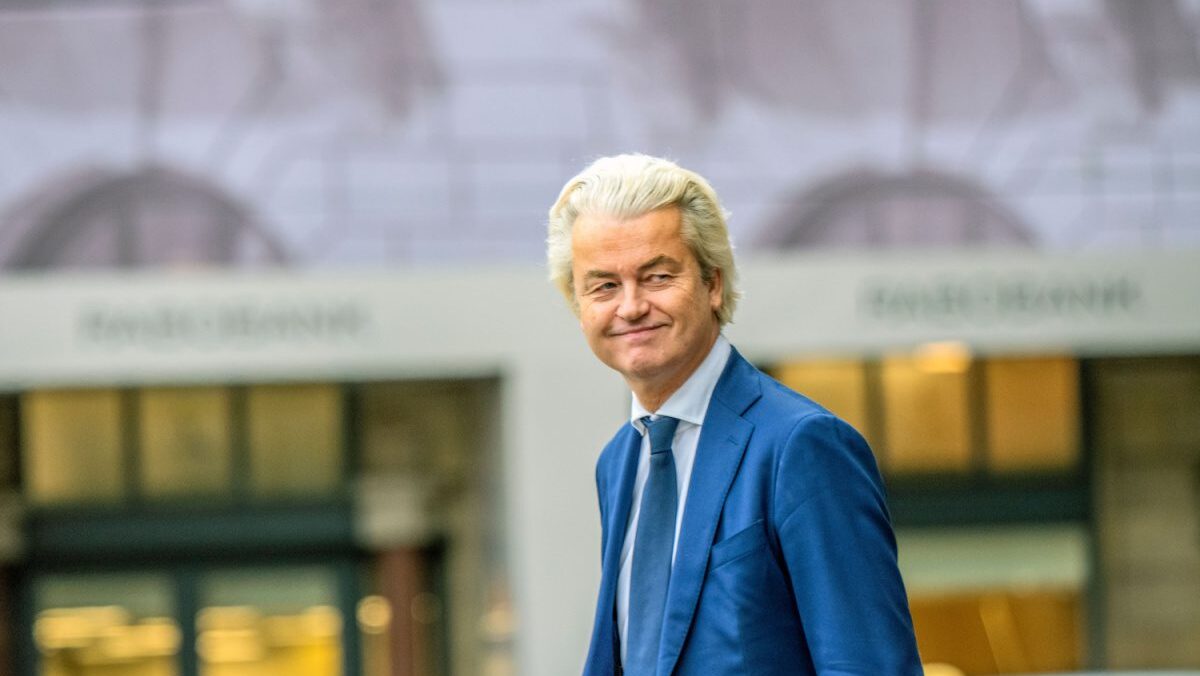
Geert Wilders claims to defend Judeo-Christian heritage. Yet he adheres to the values of 1968, says Bart-Jan Spruyt.
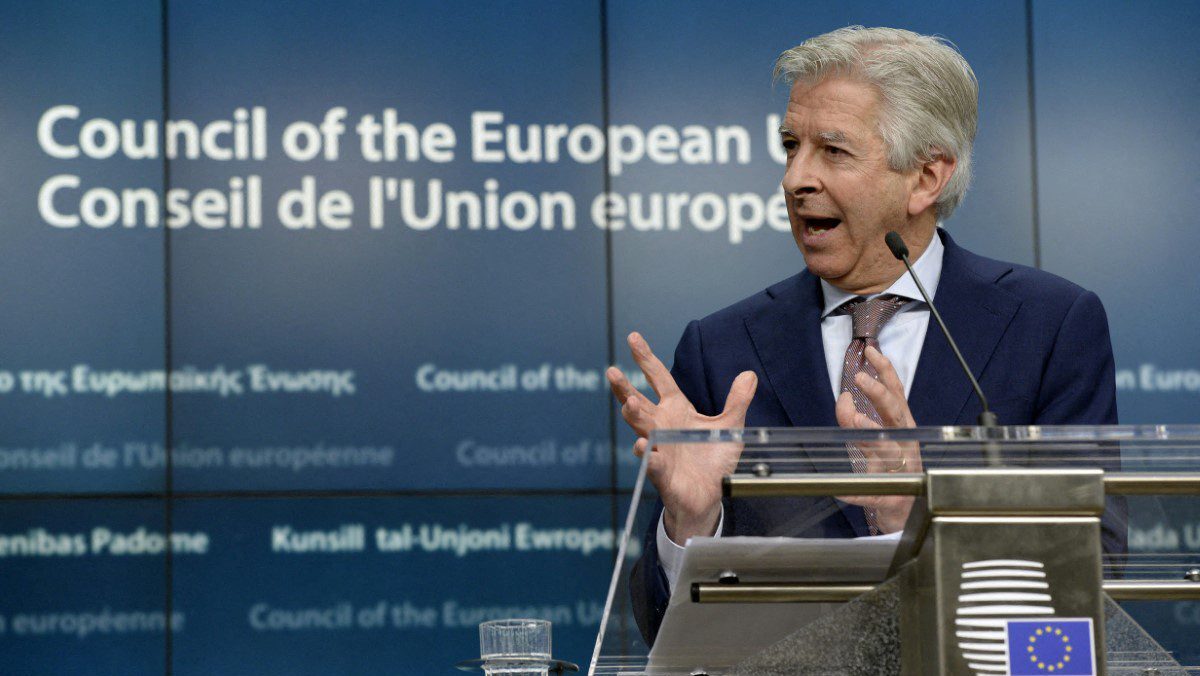
To no one’s surprise, the two largest conservative parties are resisting forming a cabinet with Geert Wilders’ eurosceptic PVV party.

Wilders’ statement that Jordan, which is populated by 80% Palestinian Arabs, should be the home for Palestinians created outrage in the Arab world.

The coalition formation talks are expected to be longer and more arduous than what is common even in Dutch politics.
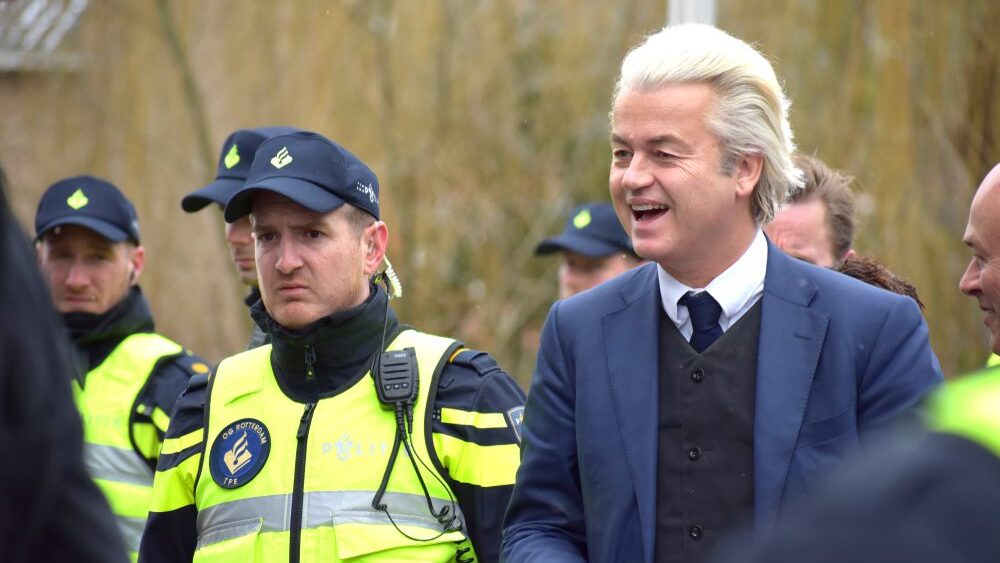
Wilders, who has been under constant police protection since 2004 due to Islamist threats, now has to worry about violence coming his way from the Left.
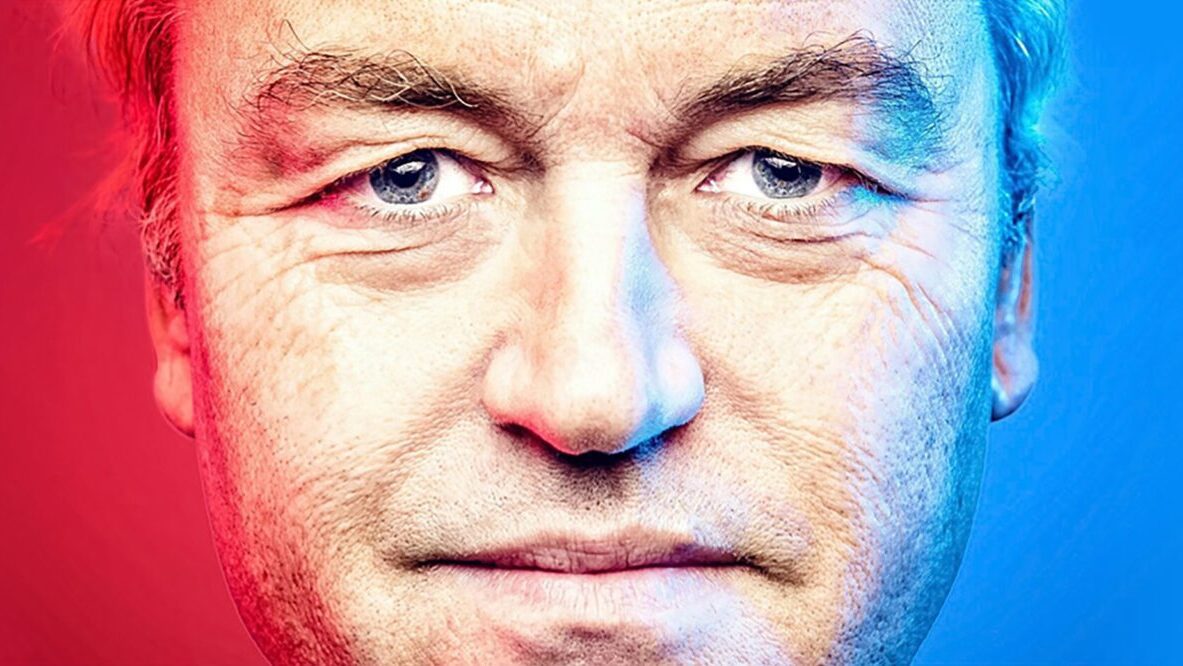
The Dutch populist Right’s historic victory shows just how disconnected the liberal establishment was from the people, although the road to a right-wing coalition government might be a rocky one.
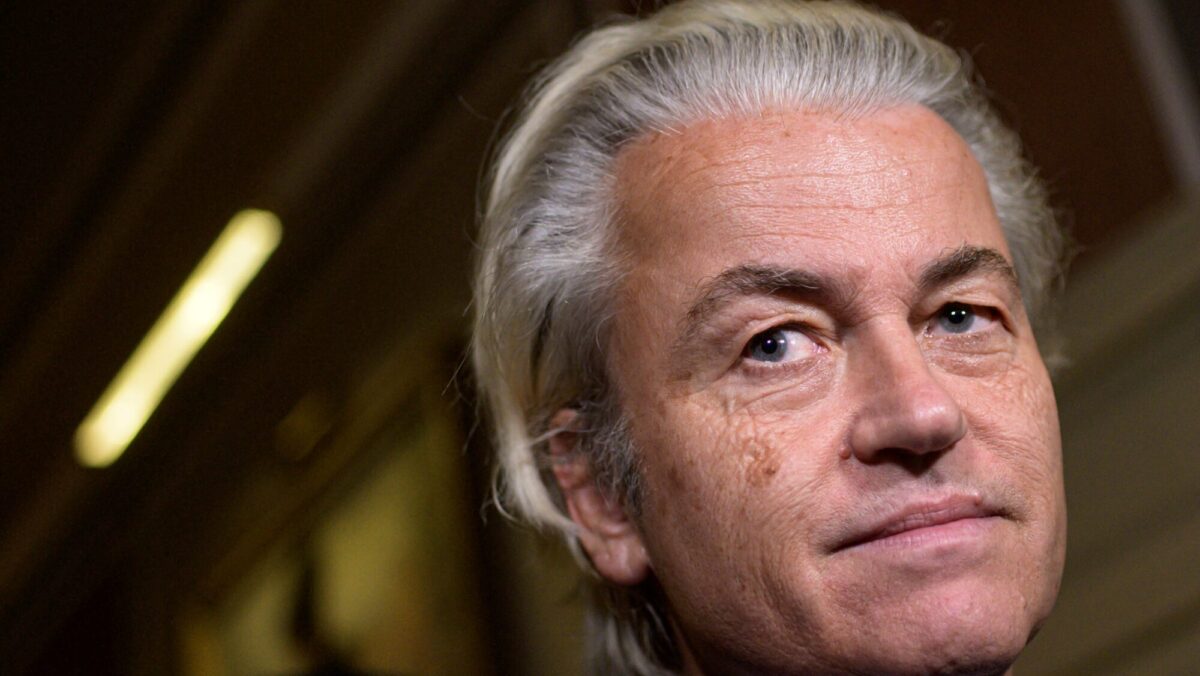
Election forecasters weren’t prepared for the victory because fondness for Wilders is considered ‘distasteful’ by the Dutch ruling class. Backing Wilders is like wearing a red MAGA cap in downtown Manhattan.
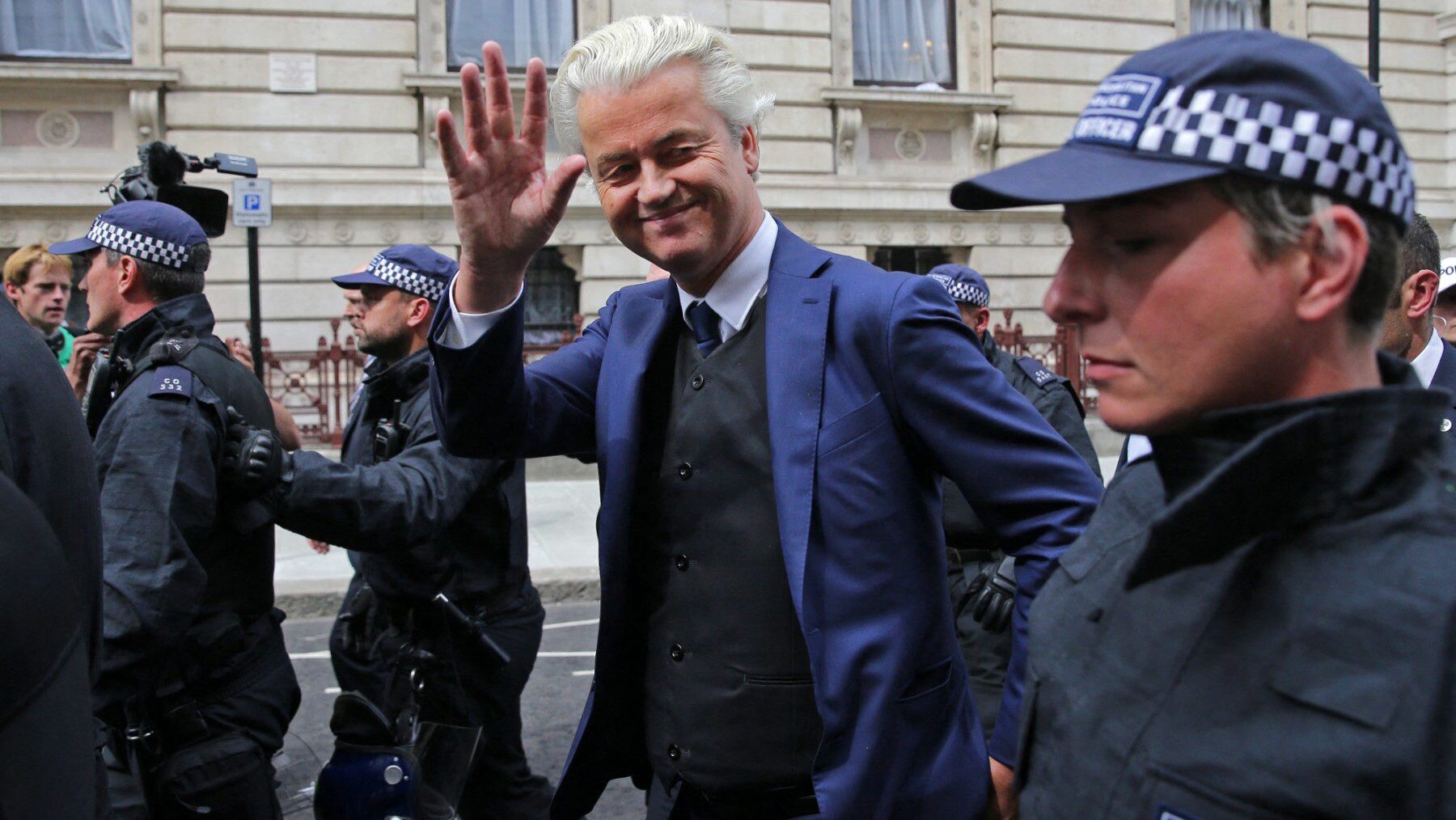
UPDATE: With 94% of the vote counted, the right-wing populist PVV is the projected winner with 37 seats, more than doubling its share in the parliament.
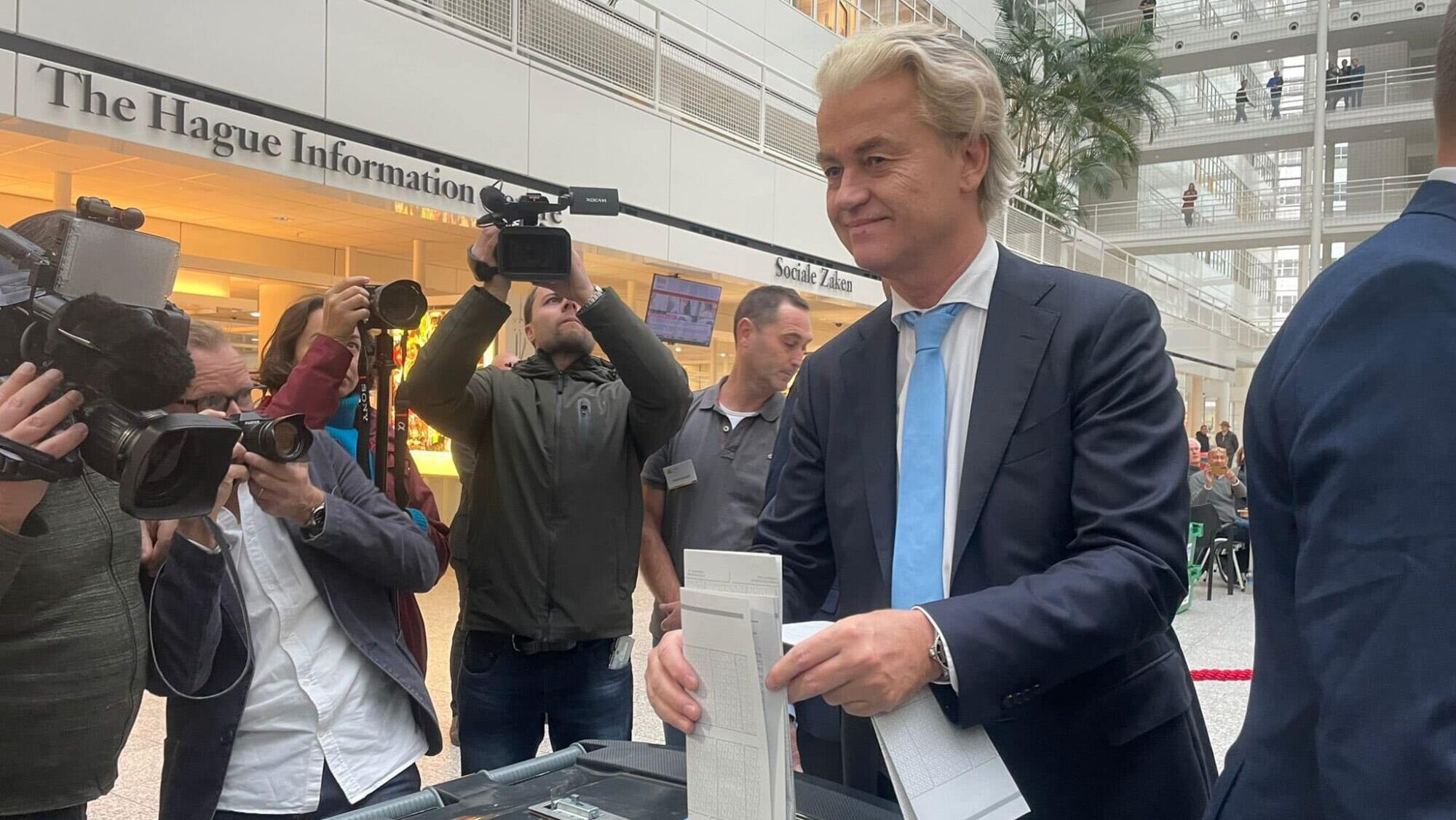
Geert Wilders’ populist PVV gains ten more seats in the latest nationwide poll and wins mock ‘school elections.’